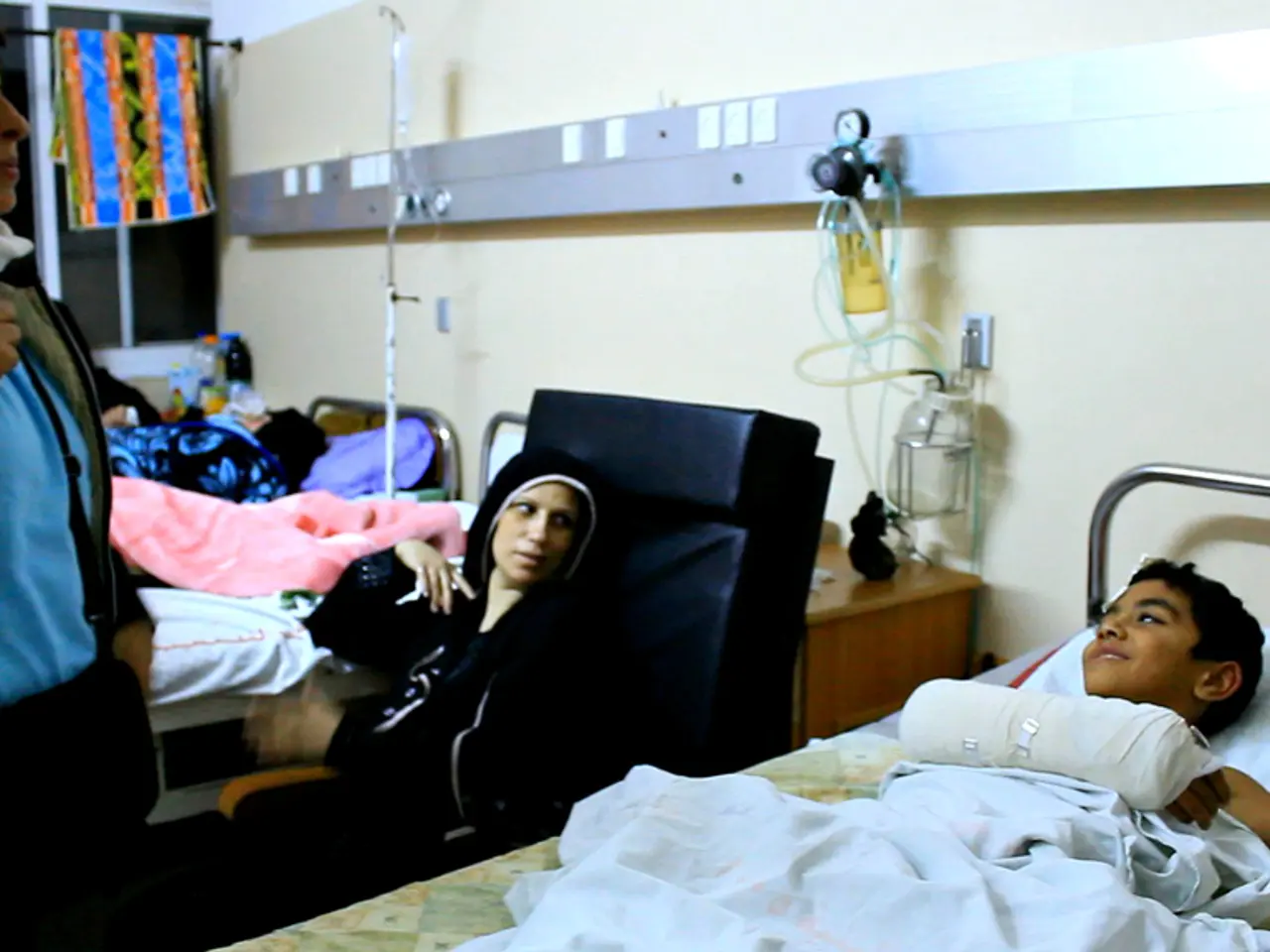In Kazakhstan, the cost of cigarettes has seen a significant increase.
In Kazakhstan, a series of changes have been announced that will impact the tobacco industry and public health. Here's a breakdown of the key developments:
Economic Impact
The government's decision to increase the minimum retail price for cigarettes by 12.1%, from 820 tenge to 920 tenge, starting July 1, 2025, is expected to generate significant revenue. This increase, as stated by the Minister of Finance Madik Taki, is aimed at boosting the country's budget, not at combating smoking.
However, this price hike could potentially lead to an increase in illicit cigarette trade, as seen in other regions. This could undermine the revenue benefits and result in economic losses due to the illegal market.
On a positive note, the establishment of a fully operational plant by KT&G in Kazakhstan indicates a positive economic impact from foreign investment in the tobacco sector. However, increased cigarette prices might challenge local businesses and consumers.
Public Health Impact
Empirical evidence suggests that a 10% increase in cigarette prices can reduce smoking rates among young people by about 8% in developing countries. This could lead to improved public health outcomes, including a decrease in Non-Communicable Diseases (NCDs) such as heart disease, stroke, and cancer.
Lower smoking rates can also lead to a decrease in smoking-related deaths, which are currently a major public health concern in many countries, including Kyrgyzstan.
Philip Morris International and Japan Tobacco International have lobbied for the ban on snuff, hookahs, and vapes, among other electronic cigarettes. This could potentially further reduce smoking rates, although the long-term effects of these bans are yet to be seen.
However, concerns have been raised about the health implications of the price increase, with some users suggesting that alternatives to smoking are not adequately provided by the state. Additionally, there have been concerns that the quality of smuggled cigarettes may be poor, containing chemicals and nicotine acid.
In summary, while increasing cigarette prices can boost government revenue and improve public health, it also risks increasing illicit trade, which can have negative economic and health implications. A balanced approach, combining taxation with effective enforcement and public health campaigns, is likely necessary to maximize the benefits.
In the context of Kazakhstan's tobacco industry, the increase in cigarette prices might impact the finance industry, as this move may lead to significant government revenue generation. On the contrary, the rise in prices could potentially pose challenges for local businesses and consumers in the larger business sector. Furthermore, the financial sector could face losses due to the potential surge in illicit cigarette trade.




